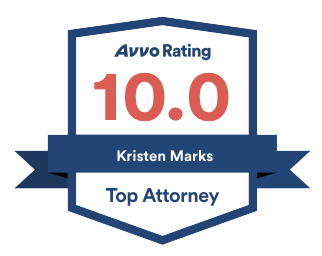A person with minors (under the age of 18 in Florida) or dependent disabled children can designate in their Will, or separate Nomination of Guardian, a guardian for their children should they die and there be no surviving parent. If a person fails to name someone to the role of guardian, or the person(s) nominated as guardian fails to qualify or is unwilling to accept that role, the probate court will appoint a guardian for the child. The person chosen by the court is usually a close friend or relative. A guardian of the child's person (to make decisions about medical care, education, living arrangements, etc.) and property (to make decisions about the child's inheritance or other property matters) both need to be appointed, though they are usually the same person serving in both roles.
As with the selection of a personal representative, it is important that the potential guardian understand the provisions of your Will and agree to accept the responsibilities of being a guardian. It is also wise to name an alternate guardian should the primary guardian be unable to accept the responsibility. Of course, the selection of a guardian for children is likely to influence how the parent distributes his or her property, which is usually to a Minor's Inheritance Trust with a separate Trustee named to oversee and manage the property until the child(ren) are older, even beyond the legal age of majority (age 18).
Be sure to download our Free Minor's Guardianship Guide for Parents if you want to learn more about how to choose the best guardians for your kids.










